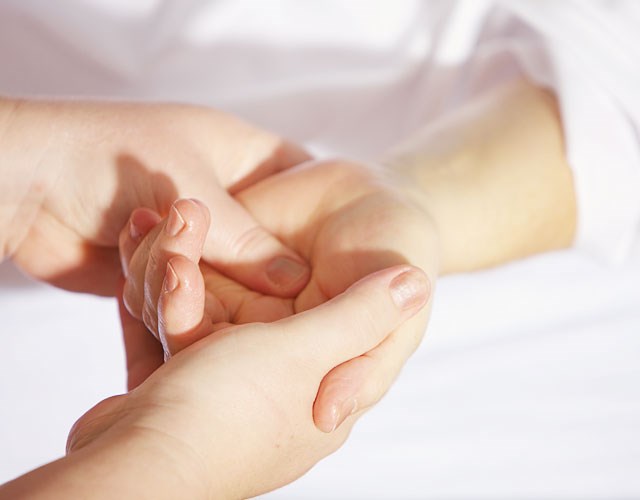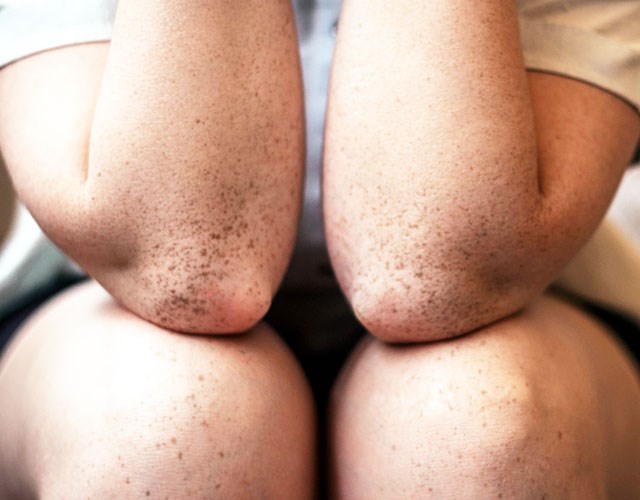

Osteopathy is a system of healthcare that assesses, diagnoses and treats many health problems.
It considers all aspects of a patient's life in regard to the presenting complaint to make an evaluation of the general health of the patient and identify the damage, strains and tensions causing the symptoms.
Osteopaths are able to detect and treat strains or damage to the body, including those to nerves, muscles, ligaments, tendons, blood vessels and joints. This damage may have been caused by work, recreational or sports-related injuries. Osteopaths work with these tissues and structures, the aim of the treatment is to engage the body’s own self-repairing mechanisms and, in this way, to relieve pain and improve body function.
Osteopathic treatment is not confined to only bones and muscles. It looks at the inter-relationships of all the body's systems, including the musculoskeletal, respiratory, digestive and cranial systems, bringing together all the pieces of a puzzle to diagnose and treat the whole person. Osteopathy aims to address the cause of your problem and not just the presenting signs and symptoms.
The gentle, holistic approach of Osteopathy makes it suitable to treat people of all age groups including infants, children, pregnant women, adults, the elderly and many more.
There are a broad range of Osteopathic techniques and each is chosen specifically for your individual complaint. They may include gentle joint articulation or manipulation, stretching, ligament balancing and cranial techniques. All techniques aim to restore balance and function to the body allowing it to be better able to deal with the problems it is experiencing.
Within the clinic medical acupuncture may also be used alongside Osteopathy where appropriate and with the patients consent to help treat a variety of conditions.

Osteopaths train for four or five years for an undergraduate degree with emphasis on anatomy and musculoskeletal medicine. This includes over 1000 hours within a teaching clinic. In the UK osteopaths are statutorily regulated primary healthcare professionals. All qualified osteopaths have to be registered with the General Osteopathic Council to practice Osteopathy after they graduate.
Paediatric training is given at undergraduate level and can be continued at postgraduate level in the form of the Diploma in Paediatric Osteopathy (DPO) or Paediatric Osteopathic Diploma (POD).
All osteopaths are required to do a program of Continual Professional Development each year to maintain and enhance their knowledge.
All osteopaths are required to have medical malpractice insurance and to follow a strict code of conduct.
Patients can be reassured they have the same safeguards when visiting an osteopath as when visiting a doctor or dentist.

To book an appointment online click on the link on the homepage or e-mail us. If you have any questions regarding osteopathy, and whether it can help you, a member of your family or an employee please get in touch via email.
Call 028 90136764 or email us.
Make an Enquiry